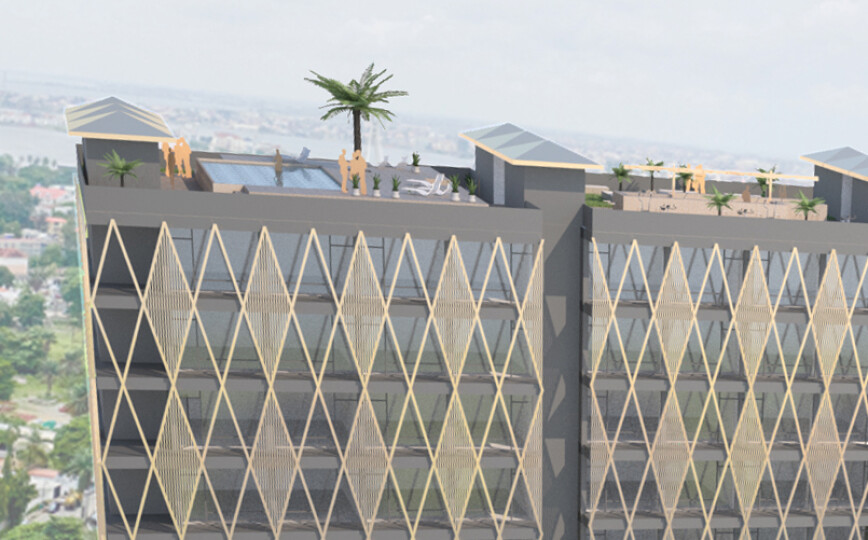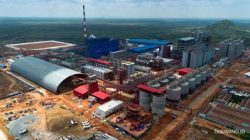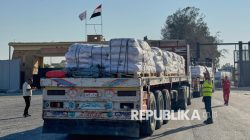The Housing Crisis in Lagos: A Deep Dive into Rent Burden and Urban Inequality
Lagos, one of Africa’s most dynamic cities, is facing a severe housing crisis that has left over 70% of its residents as renters. Many of these individuals are spending between 40% and 60% of their income on rent, according to the latest State of Lagos Housing Market Report. This alarming trend highlights the growing financial strain on households and underscores the urgent need for affordable housing solutions.
High-Rent Areas and Luxury Developments
The report reveals that the rent burden is particularly high in premium areas such as Lekki, Ikoyi, and Victoria Island. These neighborhoods continue to see rising luxury apartment prices, even amidst broader economic challenges. While this segment of the real estate market is thriving, driven by diaspora investment and developers targeting high-net-worth clients, the low-income housing sector remains underfunded and underserved.
The report was launched by the Roland Igbinoba Real Foundation for Housing and Urban Development (RIRFHUD), offering a comprehensive view of both progress and persistent inequality within Lagos’ real estate landscape. It paints a mixed picture of the city’s housing situation, emphasizing the widening gap between high-end developments and the struggle for affordable housing in urban and peri-urban areas.
Comprehensive Research and Key Findings
This third edition of the landmark report was unveiled at an event in Victoria Island. It is based on extensive field surveys, property analytics, and satellite data, making it one of the most thorough independent studies of the Lagos real estate market to date. The findings build upon earlier editions from 2009 and 2016, with the aim of influencing future investment and policy decisions in the sector.
One of the key revelations is a 15% increase in the Lagos housing deficit, which has risen from approximately 2.95 million units in 2016 to 3.4 million in 2025. The report also highlights a growing mismatch between private sector supply and actual urban demand. Certain areas, such as Ikorodu, Badagry, and Alimosho, have been identified as having high housing demand but minimal new supply.
Rising Prices and Rental Yields
Despite rising construction costs and economic volatility, real estate prices have increased by 12% year-on-year. Short-let rentals and serviced apartments have seen a 15–18% increase in yields in highbrow areas. However, vacancy rates are rising in mainland zones due to affordability concerns.
Infrastructure gaps—particularly in drainage, road access, and electricity—continue to affect the viability of many residential zones. As one resident put it, “The market is saturated with high-end apartments, but the middle-class can’t keep up.”
Regulatory Challenges and Administrative Bottlenecks
Another major theme emerging from the report is the difficulty in navigating Lagos’ regulatory and administrative landscape. Developers reported that land titling and documentation processes remain inefficient and costly, adding as much as 15 to 20% to overall housing costs. These administrative bottlenecks, combined with delays in securing development permits, are discouraging new investment and slowing the pace of residential construction.
The report emphasizes that these challenges must be addressed to create a more inclusive and sustainable housing market in Lagos. With the city’s population continuing to grow, the need for affordable, accessible, and well-planned housing has never been more urgent.







